Oily hair is a concern for some people. It is important to investigate what causes it to have an appropriate treatment.
When you have oily hair, it looks like it’s dirty just a few hours after washing it or even the next day. This means that it doesn’t hold up to hairstyles and you can’t take full advantage of treatments, says professional stylist Vilma Coy.
Coy adds that this is not just an aesthetic problem and it is essential to know what causes this problem.
When discussing the topic, specialists focus on understanding the physiology of hair and the scalp.
The scalp is made up of layers and soft tissues that cover the skull.
The layer closest to the outside is where the hair follicle that holds the hair is located. Sebaceous glands are linked to each follicle and it is there that a greasy secretion is produced that helps condition the hair, giving it life.
The problem is that for some people, this can be overproduced and can cause their hair to look dirtier because the grease causes dust and other elements in the environment to remain in it.
This condition is also one of the causes associated with hair loss and seborrheic dermatitis, known as dandruff.
When dandruff and excess oil are present, dead cells adhere to the hair and it is uncomfortable for the person because it makes it look dirty.
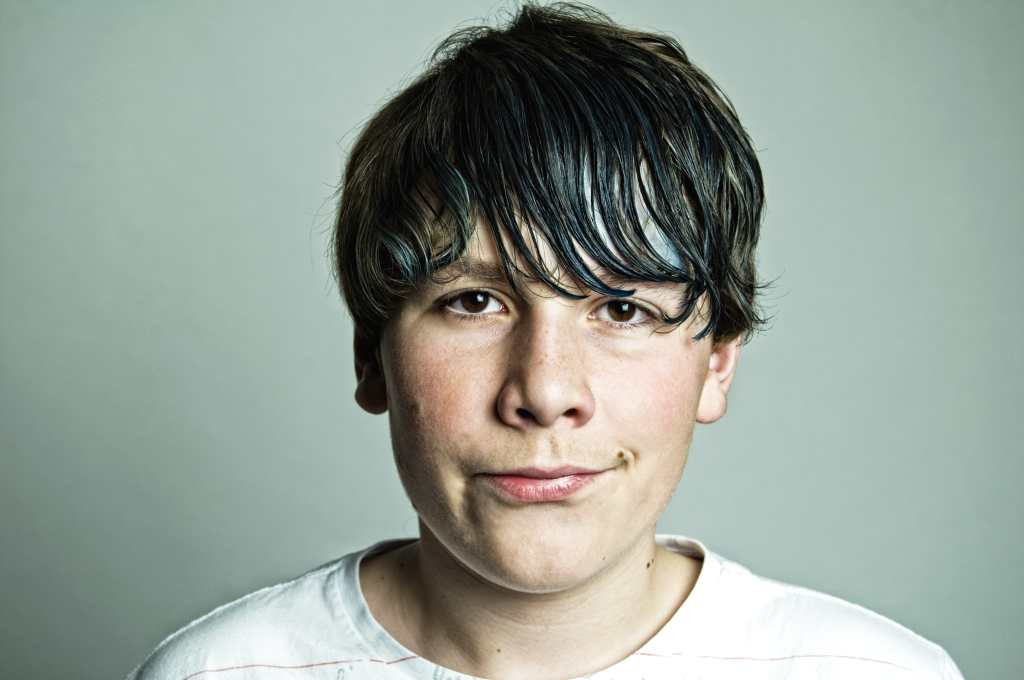
Maureen Barahona, a dermatologist, explains that sometimes excessive oiliness can be controlled with a special shampoo. The problem is that when this doesn’t work, the person starts trying different treatments and the situation could become complicated.
It is important to seek the support of a specialist to find out what is causing it.
It could be a problem related to the consumption of certain medications, a hormonal problem and/or caused by long periods of stress, as well as the presence of certain fungi.
When we talk about hormonal problems, we are referring to male and androgenic hormones. This does not mean that these produce greasy hair, but rather that they promote it, explains Barahona.

Stress is a frequent cause of consultations, explains Barahona. “Sometimes the fat is controlled and during high-stress episodes, the problem returns,” shares the professional.
Stress produces cortisol and secretes more fat than normal.
Depending on the individual, the specialist may recommend products or medications that help balance the secretion of hair fat, ranging from certain drugs, antibiotics, and in some cases steroids.
In addition, there are other precautions to be taken. It is necessary to avoid self-medication or using products without the recommendation of a specialist.
Some substances may damage the scalp and make the condition worse.
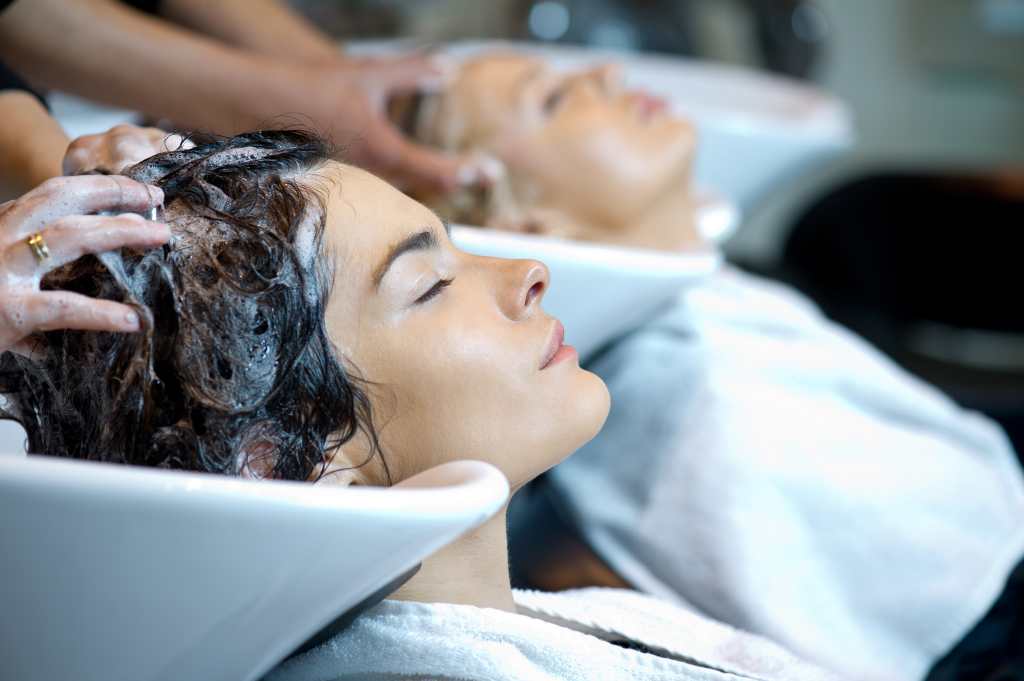
In addition to treatments, exercise, meditation, and other aspects that help control stress and improve overall health are suggested, which will undoubtedly also have an impact on hair.
Recommendations
There are some suggestions for people with this hair problem that can help improve it.
- Ask about recommended products for oily hair.
- Using the right shampoo is important. When applying it, let the product sit for at least five minutes before rinsing it off.
- Wash your hair daily with the right products.
- The use of conditioner should be for oily hair type and always apply it to the ends of the hair and never to the scalp.
- A balanced diet is also necessary to influence hair health.
- Preferably use warm water.
- Ask about using ampoules and other products to help balance the health of your hair.
- Don’t brush your hair too often because brushing carries oil from the scalp to the ends of your hair.







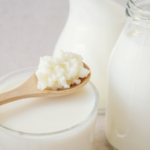
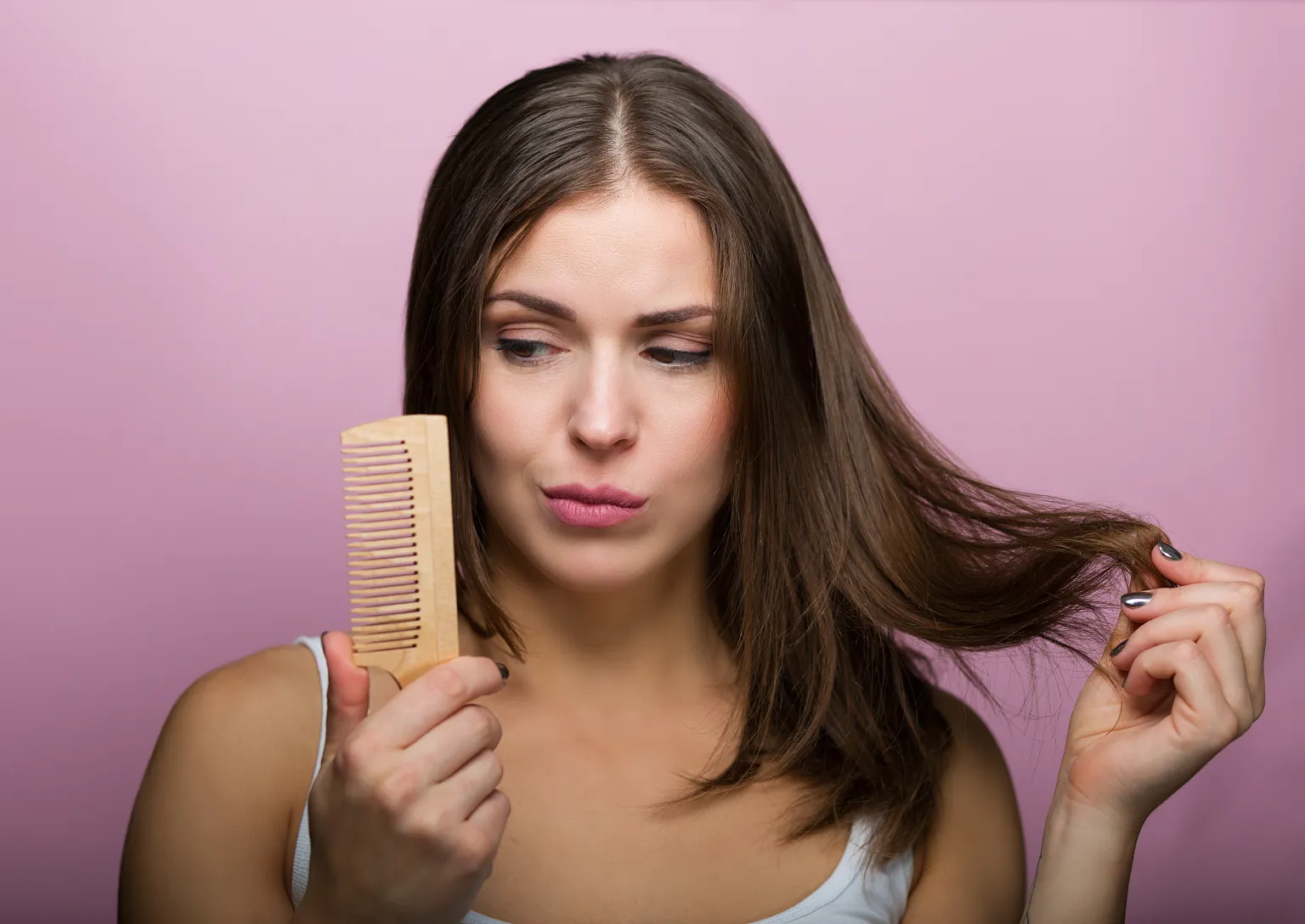





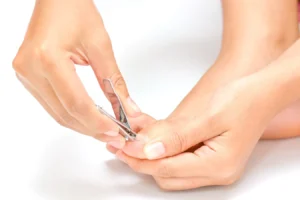

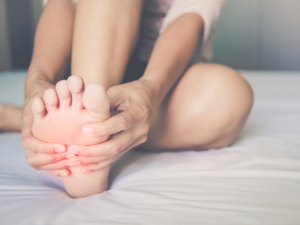






+ There are no comments
Add yours